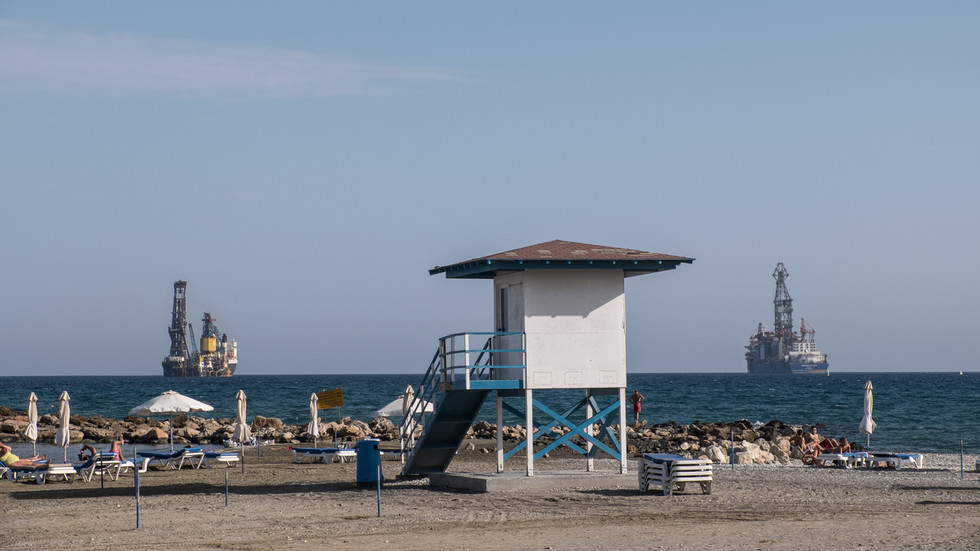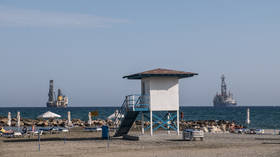
Local energy resources can be used to partly compensate for the sanctioned country’s supplies, President Nikos Christodoulidis says

© Getty Images / Jörg Seifert / EyeEm
Cypriot President Nikos Christodoulidis has proposed that the EU use natural gas from the eastern Mediterranean as a replacement for Russian supplies, which make up a shrinking percentage of Europe’s energy sources since Ukraine-related sanctions went into effect last year.
In an interview on Friday, the head of the island nation said that the region could cover about 15%-16% of the bloc’s gas needs over the next 25 years.
“Europe’s greatest weakness in the current crisis with Ukraine… is its energy dependence on Russian gas. The eastern Mediterranean alone certainly cannot replace Russian gas. There are no such quantities that can replace Russian natural gas in total, but there are certainly those quantities that can mitigate the EU’s dependence,” he stated.
Christodoulidis noted that the bloc has already invested in the region and “we expect more technical and financial support… so that we can exploit the potential of the region.”
Following the sabotage of the Russian Nord Stream pipelines last year, the transit line through the territory of Ukraine is currently the only route for Russian gas supplies to the countries of Western and Central Europe. Russia also supplies some fuel via TurkStream and Blue Stream to Southern and Southeastern Europe.
In early March, the head of the European Commission, Ursula von der Leyen, said that Russian gas exports to Europe had dropped by 80% in eight months, and the region now relies on Norway’s gas fields and liquefied natural gas (LNG) imports from the US to meet its needs.
READ MORE: EU safe haven closing doors to Russian money – media
Christodoulidis’ comment comes mere weeks after Cyprus came under fire for its links to Russia. The financial haven is known for its lax banking and financial services regulation, and saw 13 entities and individuals placed on US and UK sanctions lists for allegedly servicing sanctioned Russian businessmen. Several days later, the island’s largest lender, the Bank of Cyprus, announced that it would close about 10,000 accounts belonging to 4,000 Russian depositors.
For more stories on economy & finance visit RT’s business section




